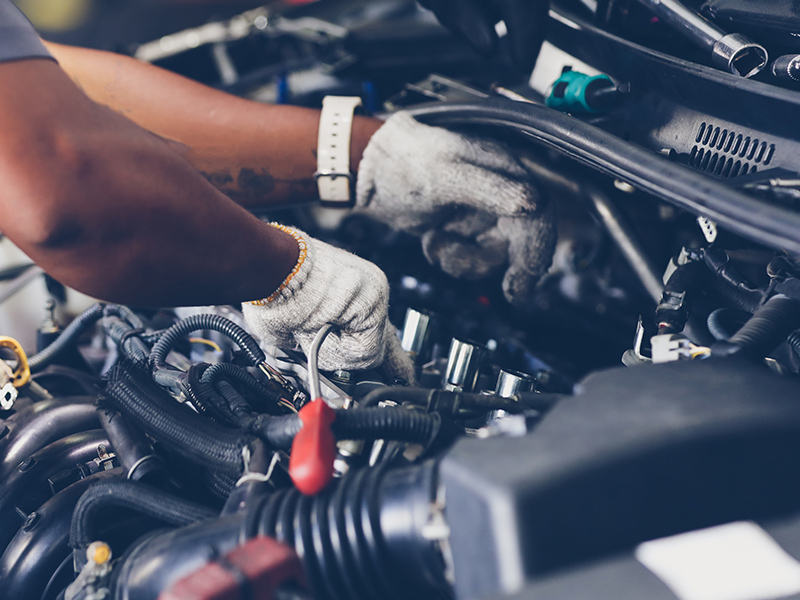Modern cars are built to be reliable and long-lasting, but they are still machines that require maintenance and repairs from time to time. One of the most complex and essential components of a car is the engine, which can experience a wide range of problems. In this article, we will discuss the most common engine problems, how to identify them, and what steps you can take to fix them.
Overheating
Overheating is one of the most common engine problems, especially during the summer months or in hot climates. This can be caused by a malfunctioning cooling system, low coolant levels, or a damaged radiator. Symptoms of an overheating engine include a rising temperature gauge, steam coming from under the hood, or a burning smell. To prevent engine damage, you should immediately pull over and turn off the engine if you suspect it is overheating.
Low Oil Pressure
Low oil pressure can cause significant damage to the engine, resulting in costly repairs or even engine replacement. This problem can be caused by a clogged oil filter, worn-out bearings, or a malfunctioning oil pump. Symptoms of low oil pressure include engine knocking, low oil pressure warning light, and low oil levels. To prevent low oil pressure, you should regularly change your oil and oil filter and keep an eye on your oil levels.
Poor Acceleration
If your car is slow to accelerate or feels sluggish, this could be due to several engine problems, such as a dirty air filter, a clogged fuel injector, or a faulty spark plug. These issues can affect the air/fuel mixture, which can cause a lack of power and acceleration. To fix this problem, you may need to replace or clean the air filter, fuel injector, or spark plug.

Check Engine Light
The check engine light is a warning sign that something is wrong with the engine. This could be due to a range of problems, such as a faulty oxygen sensor, a damaged catalytic converter, or a loose gas cap. If the check engine light is on, you should take your car to a mechanic to diagnose the problem and fix it.
Noisy Engine
A noisy engine can be a sign of several engine problems, such as worn-out bearings, loose belts, or a damaged timing chain. Symptoms of a noisy engine include knocking, ticking, or rattling sounds coming from under the hood. To fix this problem, you may need to replace the damaged parts, such as the bearings, belts, or timing chain.

Leaking Oil
Oil leaks can occur for several reasons, such as a damaged gasket, a cracked engine block, or a worn-out oil pan. Symptoms of an oil leak include a burning smell, oil stains on the ground, or a low oil level. If you suspect an oil leak, you should take your car to a mechanic to identify the source and fix it.
Engine problems can be a headache for car owners, but they can often be prevented or fixed with regular maintenance and inspections. If you notice any of the symptoms mentioned above, it’s essential to take your car to a trusted mechanic to diagnose the problem and fix it before it leads to more significant issues. Remember, regular maintenance and inspections can help prevent many engine problems, so it’s essential to keep up with your car’s recommended maintenance schedul.





